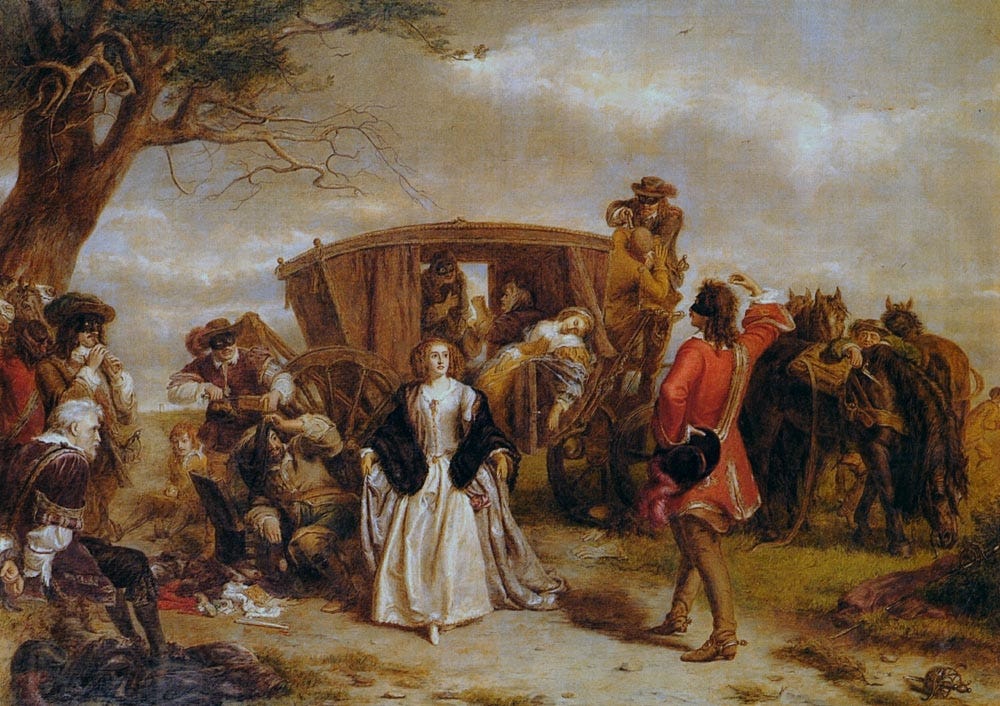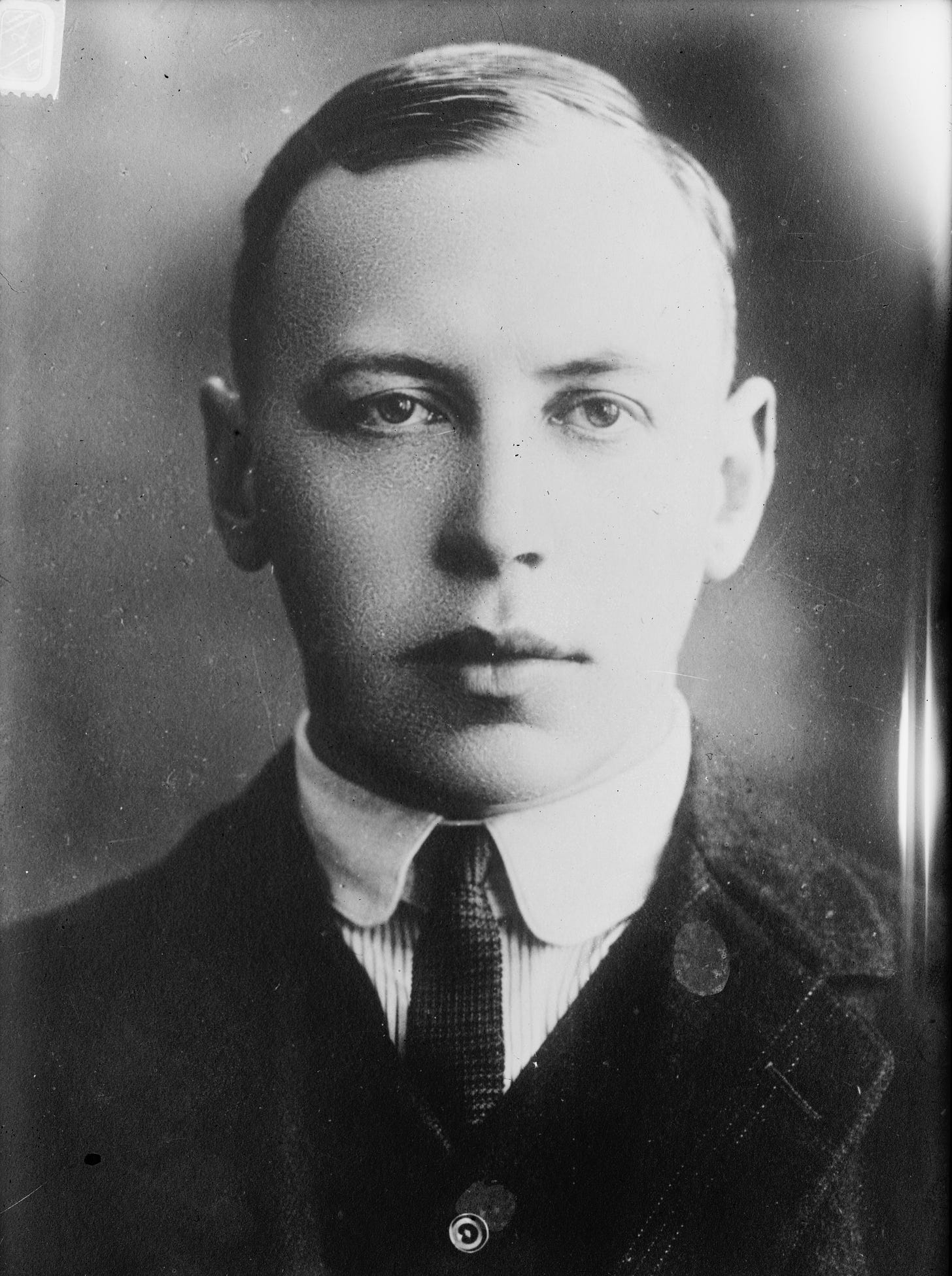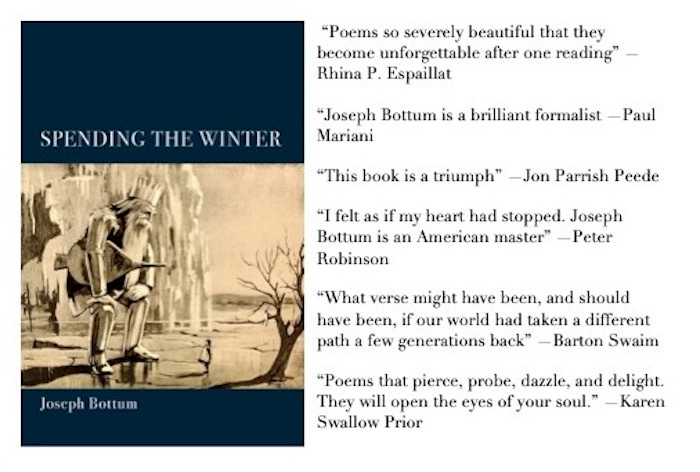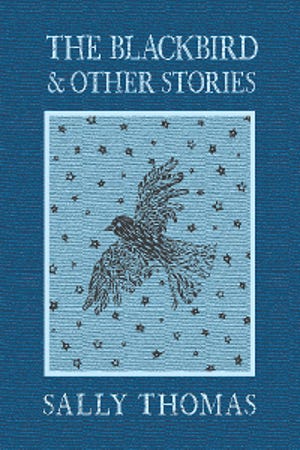
The Highwayman
by Alfred Noyes
PART ONE The wind was a torrent of darkness among the gusty trees. The moon was a ghostly galleon tossed upon cloudy seas. The road was a ribbon of moonlight over the purple moor, And the highwayman came riding — Riding — riding — The highwayman came riding, up to the old inn-door. He’d a French cocked-hat on his forehead, a bunch of lace at his chin, A coat of the claret velvet, and breeches of brown doe-skin. They fitted with never a wrinkle. His boots were up to the thigh. And he rode with a jewelled twinkle, His pistol butts a-twinkle, His rapier hilt a-twinkle, under the jewelled sky. Over the cobbles he clattered and clashed in the dark inn-yard. He tapped with his whip on the shutters, but all was locked and barred. He whistled a tune to the window, and who should be waiting there But the landlord’s black-eyed daughter, Bess, the landlord’s daughter, Plaiting a dark red love-knot into her long black hair. And dark in the dark old inn-yard a stable-wicket creaked Where Tim the ostler listened. His face was white and peaked. His eyes were hollows of madness, his hair like mouldy hay, But he loved the landlord’s daughter, The landlord’s red-lipped daughter. Dumb as a dog he listened, and he heard the robber say — “One kiss, my bonny sweetheart, I’m after a prize to-night, But I shall be back with the yellow gold before the morning light; Yet, if they press me sharply, and harry me through the day, Then look for me by moonlight, Watch for me by moonlight, I’ll come to thee by moonlight, though hell should bar the way.” He rose upright in the stirrups. He scarce could reach her hand, But she loosened her hair in the casement. His face burnt like a brand As the black cascade of perfume came tumbling over his breast; And he kissed its waves in the moonlight, (O, sweet black waves in the moonlight!) Then he tugged at his rein in the moonlight, and galloped away to the west. PART TWO He did not come in the dawning. He did not come at noon; And out of the tawny sunset, before the rise of the moon, When the road was a gypsy’s ribbon, looping the purple moor, A red-coat troop came marching — Marching — marching — King George’s men came marching, up to the old inn-door. They said no word to the landlord. They drank his ale instead. But they gagged his daughter, and bound her, to the foot of her narrow bed. Two of them knelt at her casement, with muskets at their side! There was death at every window; And hell at one dark window; For Bess could see, through her casement, the road that he would ride. They had tied her up to attention, with many a sniggering jest. They had bound a musket beside her, with the muzzle beneath her breast! “Now, keep good watch!” and they kissed her. She heard the doomed man say — Look for me by moonlight; Watch for me by moonlight; I’ll come to thee by moonlight, though hell should bar the way! She twisted her hands behind her; but all the knots held good! She writhed her hands till her fingers were wet with sweat or blood! They stretched and strained in the darkness, and the hours crawled by like years Till, now, on the stroke of midnight, Cold, on the stroke of midnight, The tip of one finger touched it! The trigger at least was hers! The tip of one finger touched it. She strove no more for the rest. Up, she stood up to attention, with the muzzle beneath her breast. She would not risk their hearing; she would not strive again; For the road lay bare in the moonlight; Blank and bare in the moonlight; And the blood of her veins, in the moonlight, throbbed to her love’s refrain. Tlot-tlot; tlot-tlot! Had they heard it? The horsehoofs ringing clear; Tlot-tlot; tlot-tlot, in the distance? Were they deaf that they did not hear? Down the ribbon of moonlight, over the brow of the hill, The highwayman came riding — Riding — riding — The red coats looked to their priming! She stood up, straight and still. Tlot-tlot, in the frosty silence! Tlot-tlot, in the echoing night! Nearer he came and nearer. Her face was like a light. Her eyes grew wide for a moment; she drew one last deep breath, Then her finger moved in the moonlight, Her musket shattered the moonlight, Shattered her breast in the moonlight and warned him — with her death. He turned. He spurred to the west; he did not know who stood Bowed, with her head o’er the musket, drenched with her own blood! Not till the dawn he heard it, and his face grew grey to hear How Bess, the landlord’s daughter, The landlord’s black-eyed daughter, Had watched for her love in the moonlight, and died in the darkness there. Back, he spurred like a madman, shrieking a curse to the sky, With the white road smoking behind him and his rapier brandished high. Blood red were his spurs in the golden noon; wine-red was his velvet coat; When they shot him down on the highway, Down like a dog on the highway, And he lay in his blood on the highway, with a bunch of lace at his throat. . . . And still of a winter’s night, they say, when the wind is in the trees, When the moon is a ghostly galleon tossed upon cloudy seas, When the road is a ribbon of moonlight over the purple moor, A highwayman comes riding — Riding — riding — A highwayman comes riding, up to the old inn-door. Over the cobbles he clatters and clangs in the dark inn-yard. He taps with his whip on the shutters, but all is locked and barred. He whistles a tune to the window, and who should be waiting there But the landlord’s black-eyed daughter, Bess, the landlord’s daughter, Plaiting a dark red love-knot into her long black hair.
T.S. Eliot once remarked that he wasn’t fully persuaded by the idea of the Muse in poetry, but if there were any evidence, it would be among the poets whom the Muse abandoned — the poets out of whom fled something: some power, some capacity, some Muse. He was thinking of Coleridge, but others — among more recent authors, Andrew Motion? Adrienne Rich? — will come to mind.
It’s the birthday today, September 16, of Alfred Noyes (1880–1958). And I always thought him an example. Some Muse was certainly with him, for a while. Between 1902 and 1908 he published six volumes of poetry that sold well and received good reviews. Then the bottom fell out, and he did little notable in the long years after.
As it turns out, that picture of the man isn’t right. Oh, it’s true that he burst out of an unfinished degree at Oxford to make himself the most popular young poet in the English-speaking word. And it’s true that a single visit to Princeton with his American wife in 1914 was enough for the university to offer him a decade-long visiting professorship in modern English literature (during which he taught F. Scott Fitzgerald and Edmund Wilson).
What isn’t true is that he ever stopped working, even if not at the feverish pace of his first years. His epic verse trilogy The Torch-Bearers (1922–1930), remains a superior poetic contemplation of science (especially astronomy), human progress, and the search for the numinous. His commonly anthologized verse ran from a 1904 tour de force of metrical play, “The Barrel-Organ” to a 1920 anti-war diatribe, “The Victory Ball,” and even a 1952 poem for children, “Daddy Fell into the Pond.”
What happened to Noyes was less the desertion of his Muse than the desertion of his critics. A pacifist, for the most part, he nonetheless supported Britain during the First and Second World Wars, which would lead to his dismal as a jingoist and warmonger. (Compare the parallel critical reputation of Kipling.) Even more damning is the fact that Noyes missed the modernist turn that happened while he was still young. He wanted to be Tennyson, in an age in which all the bright young things wanted to be Ezra Pound.

Perhaps most damaging to his reputation — the fact that caused me to assume desertion by his Muse — is that his most popular work, his one still-alive poem, was not typical of his poetry and never successfully repeated: the 1906 verses of “The Highwayman.”
It’s violent, which Noyes was not. It’s a romance, a Dick Turpin-esque narrative, by a poet who was not particularly given to such things. And it’s as memorable — and memorizable — as any longer poem in English, filled with ear-catching alliteration and repeated phrases:
He whistled a tune to the window, and who should be waiting there
But the landlord’s black-eyed daughter,
Bess, the landlord’s daughter,
Plaiting a dark red love-knot into her long black hair.
The story of the love of an unnamed stand-and-deliver road thief and Bess, the landlord’s daughter, “The Highwayman” pounds forward along in mostly six-foot lines. The dactyls give it a galloping rhythm, with the repetitions and parallels of grammatical construction carrying the reader through the story of the brave girl who sacrifices her life to warn her love — and the suicidal return of the highwayman when he learns of her death:
Back, he spurred like a madman, shrieking a curse to the sky,
With the white road smoking behind him and his rapier brandished high.
Blood red were his spurs in the golden noon; wine-red was his velvet coat;
When they shot him down on the highway,
Down like a dog on the highway,
And he lay in his blood on the highway, with a bunch of lace at his throat.






I'm a sucker for the old "gallant highwayman" stories — and was delighted when I found today's painting of Lady Aurora dancing her ransom with her captor.
I swear… am I the only one who things of Anne of Green Gables when she reads this? https://youtu.be/YMQMwAO3uI8?si=XACV6NhdhHxtzN4J